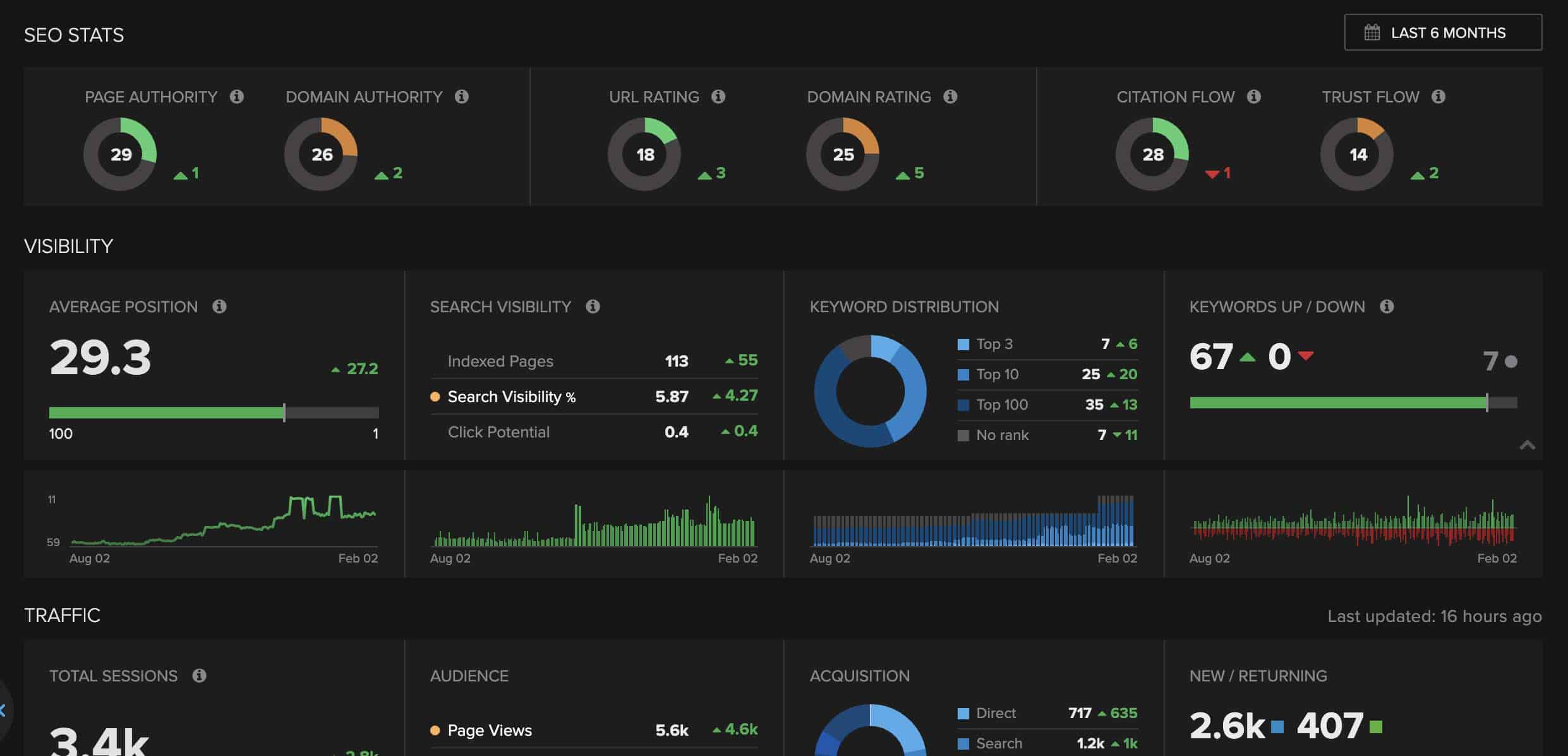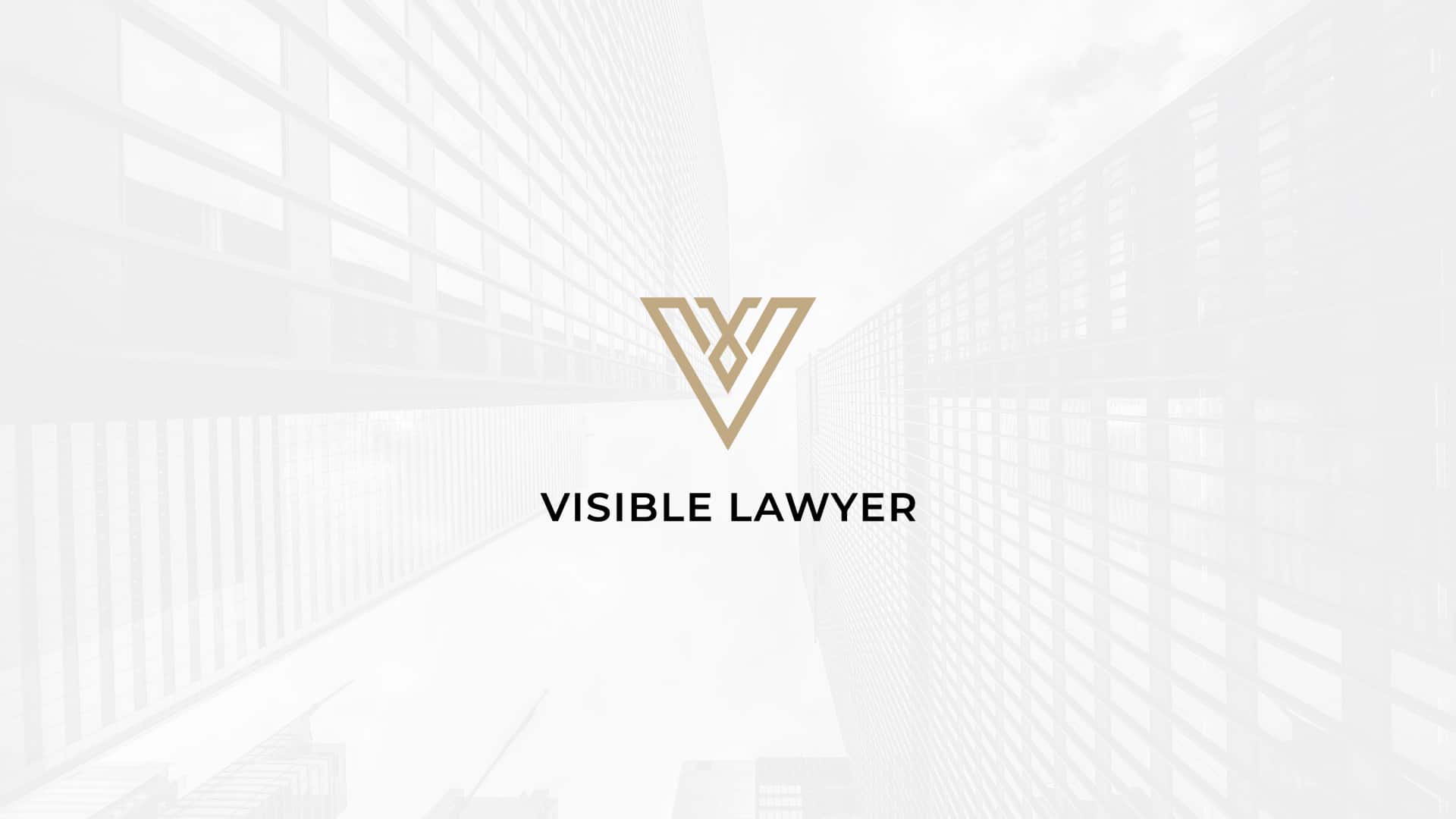10 SEO myths to be aware about.
We run into a lot of misconceptions about SEO. Here is a list of 10 false beliefs we hear from firms and see taking place all the time.
It is important to keep these things in mind as you consider investing into SEO. These myths are also important to think about if you are currently spending money on advertising or what is sold to you as “SEO”. We see a lot of marketing solutions being sold that are not setting up firms for success in the long term, and even worse, actually hurting them.
Read on to learn more.

It’s Cheap
Plain and simple, it is not. But another way of looking at it is the expense of not doing it. We have seen a lot of firms decide they do not want to invest in SEO but will continue to purchase Google Ads or pay for leads through various lead generation sites.
The largest issue with this is that the leads stop once you stop paying. It’s a pay-to-play model that does not set a firm up for success in the future. A well executed SEO strategy can consistently bring in leads over time and doesn’t get more expensive with more leads that come in. Once a firm is at the top of a desired search result, all those leads come through are entirely theirs and not owned by some company sending the information over.

Software Can Do It
SEO is an extremely hands on activity. There are numerous things that need to be taken care of to maximize budgets and improve rankings as much as possible. Because of this, there is no “automated” process out there.
To improve the authority and quality of your site, quality and authoritative content must be made. No software can automate that and build relationships with websites that will put your content out there effectively.

Your Website Doesn’t Matter
It extremely matters. So much so that we will not work with a firm that is not willing to invest in their website first to make sure it is up to standards. We hear it both way with some claiming the only thing that matters is the website and others claiming the only thing that matters is link building. The answer is it has to be both in perfect harmony.
Google wants to bring the most relevant resources to people searching. If your site does not have enough content or isn’t functional there is no chance it can rank effectively or as quickly as you would like. You would just be blowing money.

It can’t be tracked.
We are obsessed with analytics. Because SEO can feel like such an in the clouds idea, if we are not showing results from our efforts in regular reporting, we are not doing our job.
The first report we send out weekly is the list of current positions of every keyword we want to be ranking for. Since search results are heavily localized, we also need to show what keywords are doing well in the cities a firm serves or which keywords need more work.
The next report we send out is a breakdown of leads generated from our SEO efforts. Anytime a phone call or form fill comes through from search results we are able to show it was from SEO efforts. We do the same for Google Ads and Facebook ads. This lets us better determine an overall ROI from marketing and focus more on what is working best.

“Just need to find the right hack.”
This is one of those industries where there are no hacks. There is only strategy and the work put into it based on proven results.
In the same way the health industry will push “weight loss vitamins” or some “magical super fruit to lose 20 lbs,” the marketing industry will push things that won’t necessarily harm things, but will definitely not help you in the long run or even make any difference.
We see a lot of this when people are posting bit.ly links on their social media, or listing every city in the state on their home page because they think that will help them rank in all those cities. It makes zero difference and we have all the data to back that up.

No such thing as bad SEO.
Not only can there be SEO that is simply not effective, there are also a lot of strategies out there that can actually hurt your rankings. In the past 15 years we have never been worried about algorithm changes because when you keep everything high quality and actually valuable to the end consumer, Google will always be happy.
Here are some examples of how we’ve seen firms get negatively affected by the “SEO” they thought they were investing in:
Bad links.
Some people think a “link building” strategy involves just getting as many links to your site as possible. The problem is that Google knows if you are purchasing links from terrible sites to your site.
Don’t do this. It is incredibly spammy and not effective at all to your site. We would be more than happy to do an audit of your site and let you know if the links going to your site have the potential to do more harm than good.
Bad content.
When you are investing in a backlink strategy to improve SEO rankings, it has to be useful to the end customers. Placing content on reputable sites means the content also has to be reputable. These pages can’t be just a list of links to different sites. We want to see insightful information that relates to the practice areas you serve. This makes links much more effective and actually gives Google data on why you should be ranking for the terms you want to be ranking for.
Not natural looking link density.
When we pull reports on all the links pointing to your site, we also see what words are used on these links and what pages they are going to on your site. This isn’t as big of a deal, but seeing a majority of links going to your home page and all the link text is “personal injury lawyer” pretty much tells us there is no broader strategy being developed. It’s just another thing that can make your budget less effective than it could be.

Google Ads Work Better
Better stated, “Google ads work differently.” Google ads go back to that pay-to-play model I mentioned earlier. Once you stop paying for ads, leads stop coming in. We see a Google ads strategy as an incredible tool to supplement an ongoing SEO strategy. If you want to be on page one for “car accident lawyer” in your area it might take 6 months to a year to get there. While those rankings are going up behind the scenes, you can still be generating traffic in that category through ads.
The reason we recommend supplementing SEO instead of just doing ads is because successful firms are thinking 10 years in the future not just the next fiscal year. Ads with no long term strategy to us feel like a short sided strategy.

Can’t compete against larger firms
There is a good chance someone will always have a larger budget than you. But that doesn’t mean you still can’t play the game. Your rankings should be thought of in your firms own expertise. Do you do a significant amount of wrongful death cases? Maybe focus just around that topic should be your first priority. Then slowly add more areas to focus on.
We see firms get discouraged because they are not number one for “criminal lawyer” right away. If your firm has a smaller budget, let’s build a base around niche practice areas and build our way up to increasingly higher volume search results.

All SEO is the same
Now that all these myths are laid out, you can probably assume our answer is no. Not all SEO is the same.
There are a lot of different ways to think about it. But at the end of the day all that matters is the results you are getting, the communication you are receiving from the agency working with you, and the maximizing of your budget.
We would love to talk with you about your goals and what you want the future of your firm to look like. We are only interested in helping firms get set up for long term success. Contact us today to learn about next steps and what that could look like for you.
Josh Novak – Founder of Visible Lawyer
Get a free analysis of your firm.
Our team will put together a custom report that will include your Google keyword rankings, opportunities waiting for you, and the amount of potential clients you are missing out on.